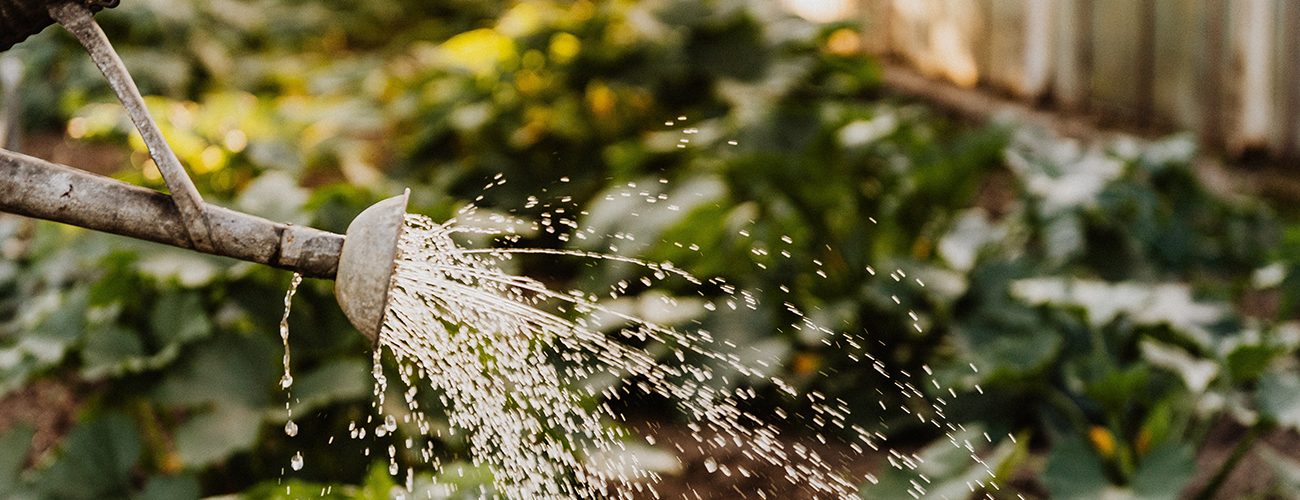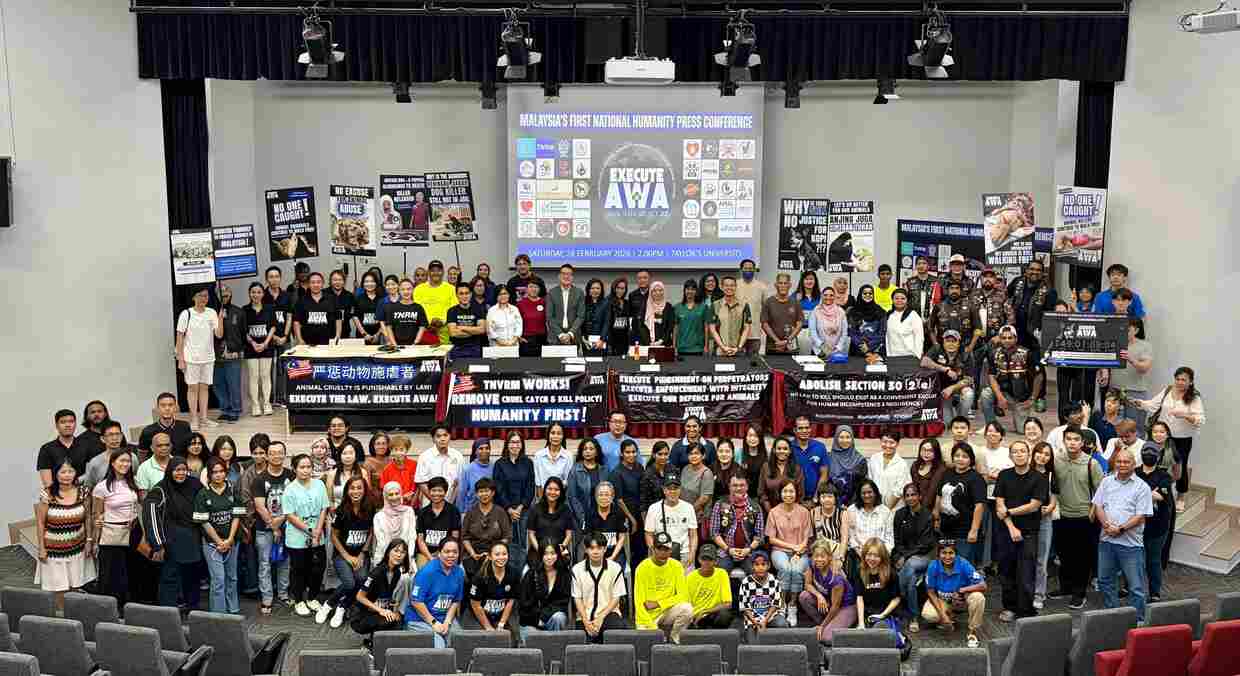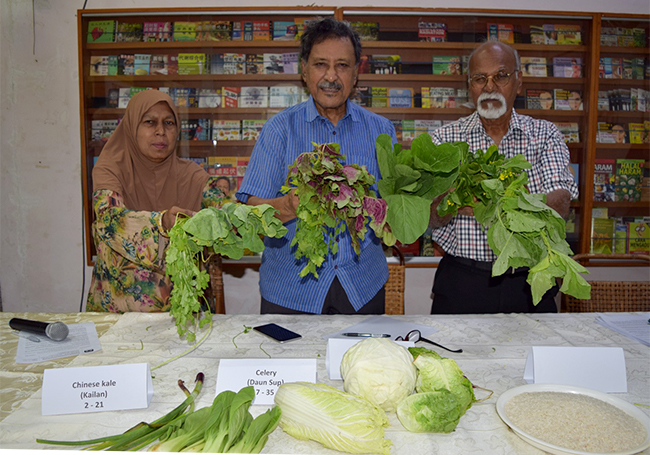
Consumers Association of Penang (CAP) has urged consumers to exercise caution when buying vegetables and rice due to high levels of pesticide detected in a recent study.
The study tested 112 samples of vegetables and 20 samples of rice purchased from various outlets in Penang, including supermarkets, wet markets, mini markets, and retail shops. The samples were tested for pesticides in Korea, with assistance from the Wonjin Institute for Occupational and Environmental Health (WIOEH) and support from the Financial Industry Public Interest Foundation (FIPIF), Korea.
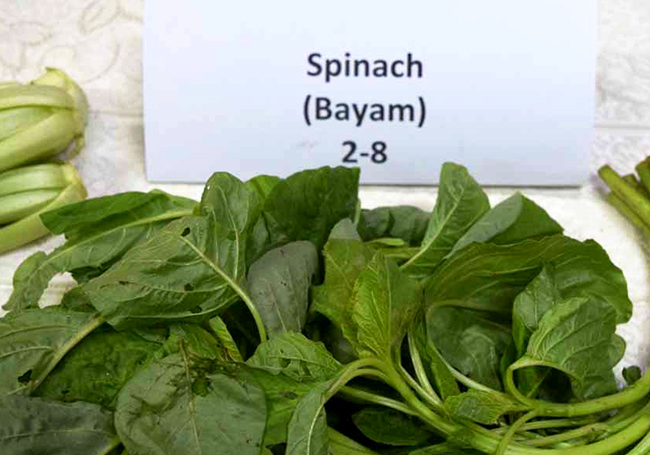
The study found 87.5% of the vegetables tested and 55% of the rice samples contained pesticides. Most vegetables tested were from the Ara Kuda farming area, Penang’s main vegetable growing area, with produce supplied to the surrounding states of Kedah, Perlis, and Perak.
The study revealed that the vegetables contained excessively high amounts of pesticides, with a single vegetable containing up to 35 compounds.
The study further revealed that Malaysia was using some pesticides banned by EU countries. Malaysia’s legislation on pesticide residue in crops falls under the Sixteenth Schedule (Regulation 41) of the Food Regulation 1985. The pesticides mentioned in the Schedule and their MRL are permitted in crops.
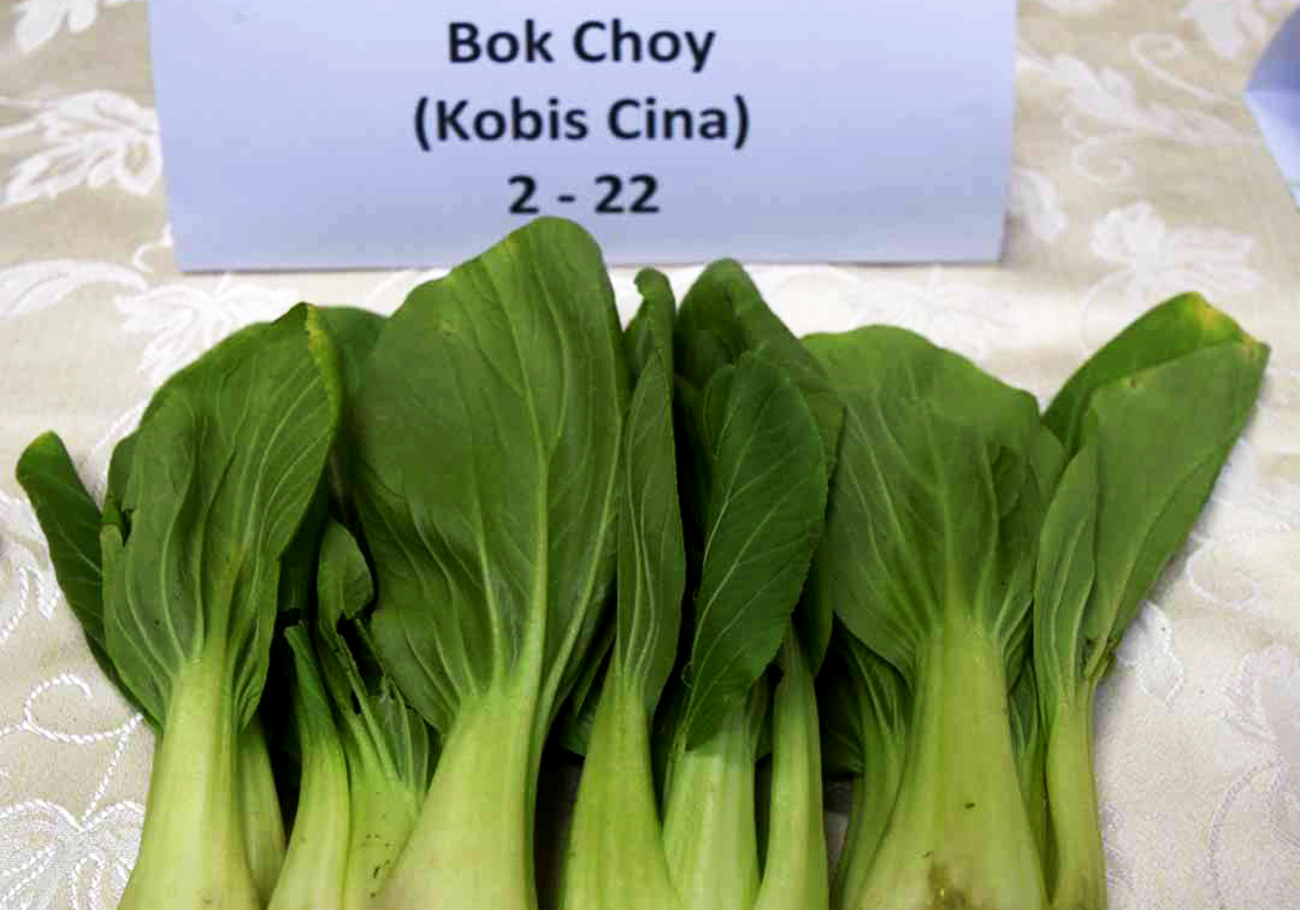
The study found that some vegetables contained pesticides that were not allowed to be present in them, including the banned pesticide Abamectin, found in celery and spring onion, and Carbofuran, which will be banned from May 2023, found in some leafy vegetables.
The study also revealed that farmers were using excessive and illegal pesticides and that many were unaware of the dangers of pesticides and did not practice the required safety procedures. Empty pesticide containers were being disposed of randomly, despite designated disposal areas being available.
CAP has called on authorities to conduct regular tests on food items in the market for pesticide levels, publicize the results, and strictly enforce the Sixteenth Schedule (Regulation 41) of the Food Regulation 1985. The organization also urged authorities to enforce and monitor good farming practices and conduct education programs for farmers on the hazards of pesticide use.
CAP also advises consumers to exercise their power to demand better food production practices and encourages and educates them to grow their organic vegetables. Malaysian consumers need to be made aware of the extent and types of pesticides used on local agricultural produce, with Malaysian vegetables being rejected overseas due to high pesticide content.
This recent study highlights the need for stricter enforcement of regulations and increased education on pesticide use’s dangers in agriculture.


